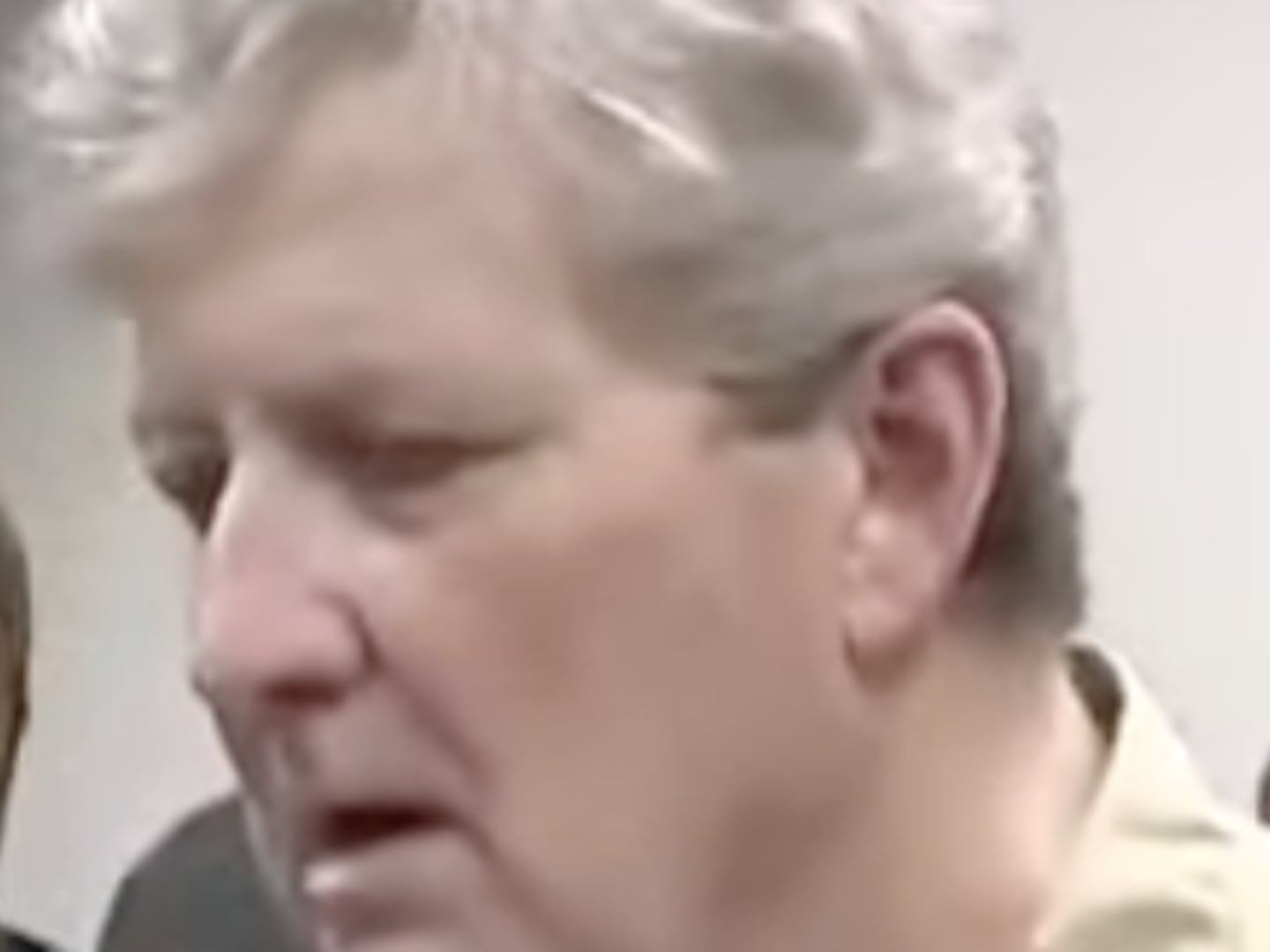Politics
Jessica Kourkounis/Getty
White House Staff, Congress Blindsided by FBI Pick Announcement
Of Course
President Trump decided to leave much of his senior staff out of the loop before announcing his pick to lead the Federal Bureau of Investigation.






